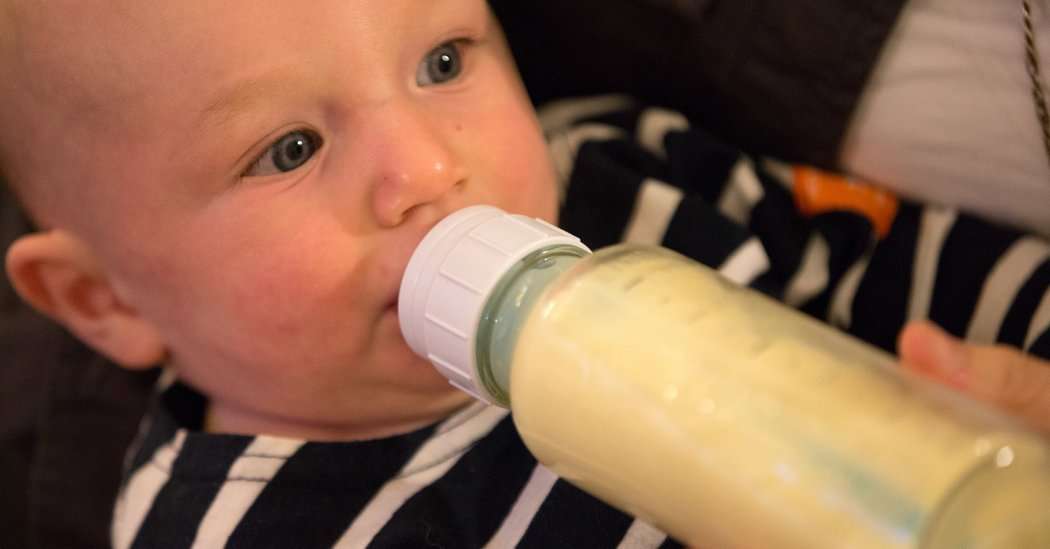During the deliberations, some American delegates even suggested the United States might cut its contribution the W.H.O., several negotiators said. Washington is the single largest contributor to the health organization, providing $845 million, or roughly 15 percent of its budget, last year.
The confrontation was the latest example of the Trump administration siding with corporate interests on numerous public health and environmental issues.
In talks to renegotiate the North American Free Trade Agreement, the Americans have been pushing for language that would limit the ability of Canada, Mexico and the United States to put warning labels on junk food and sugary beverages, according to a draft of the proposal reviewed by The New York Times.
During the same Geneva meeting where the breast-feeding resolution was debated, the United States succeeded in removing statements supporting soda taxes from a document that advises countries grappling with soaring rates of obesity.
The Americans also sought, unsuccessfully, to thwart a W.H.O. effort aimed at helping poor countries obtain access to lifesaving medicines. Washington, supporting the pharmaceutical industry, has long resisted calls to modify patent laws as a way of increasing drug availability in the developing world, but health advocates say the Trump administration has ratcheted up its opposition to such efforts.
The delegation’s actions in Geneva are in keeping with the tactics of an administration that has been upending alliances and long-established practices across a range of multilateral organizations, from the Paris climate accord to the Iran nuclear deal to Nafta.
Ilona Kickbusch, director of the Global Health Centre at the Graduate Institute of International and Development Studies in Geneva, said there was a growing fear that the Trump administration could cause lasting damage to international health institutions like the W.H.O. that have been vital in containing epidemics like Ebola and the rising death toll from diabetes and cardiovascular disease in the developing world.

MustWarn0thers on July 8th, 2018 at 18:28 UTC »
How much do you want to bet that Nestlé and all the major baby formula mega corps are pulling the fucking strings on this one?
CornersOfToday on July 8th, 2018 at 17:10 UTC »
My career is in international development. More specifically, it is in nutrition— and even more specifically, infant and young child feeding. Pretty much all I do is train health workers, community volunteers, and clinical staff in counseling women on how to feed babies and introduce foods to them. Exclusive breastfeeding (EBF) is incredibly important in the developing world in particular because of all the environmental factors.
I recently returned from Bangladesh with the Rohingya crisis and I have never seen so many malnourished babies in one place. I saw many 2-4 month olds weighing only 4-5 pounds. Their mothers were using breastmilm substitutes. Sometimes powdered milk, rarely a real infant formula, or a lot of times a homemade rice milk. Babies get diarrhea and lose weight fast— and many die.
EBF is unquestionably the right response for babies, with few exceptions (e.g. mother died and no wet nurse available, or other uncommon complications). To go against that is truly appalling. The impact that non-EBF has on the developing world is far reaching, and it takes a LOT of effort to overcome it.
This is truly an insane approach to take.
Space_Connor on July 8th, 2018 at 14:50 UTC »
When corporate interests are more important than scientific fact;
“What happened was tantamount to blackmail, with the U.S. holding the world hostage and trying to overturn nearly 40 years of consensus on best way to protect infant and young child health”